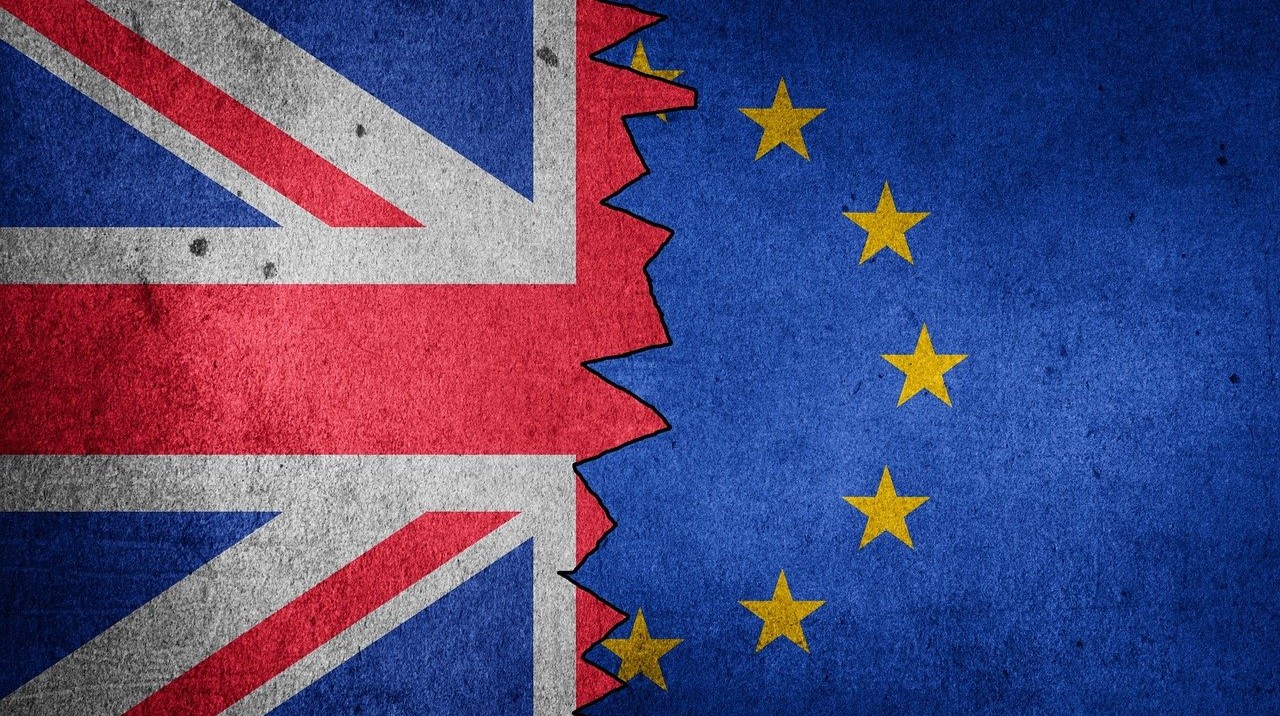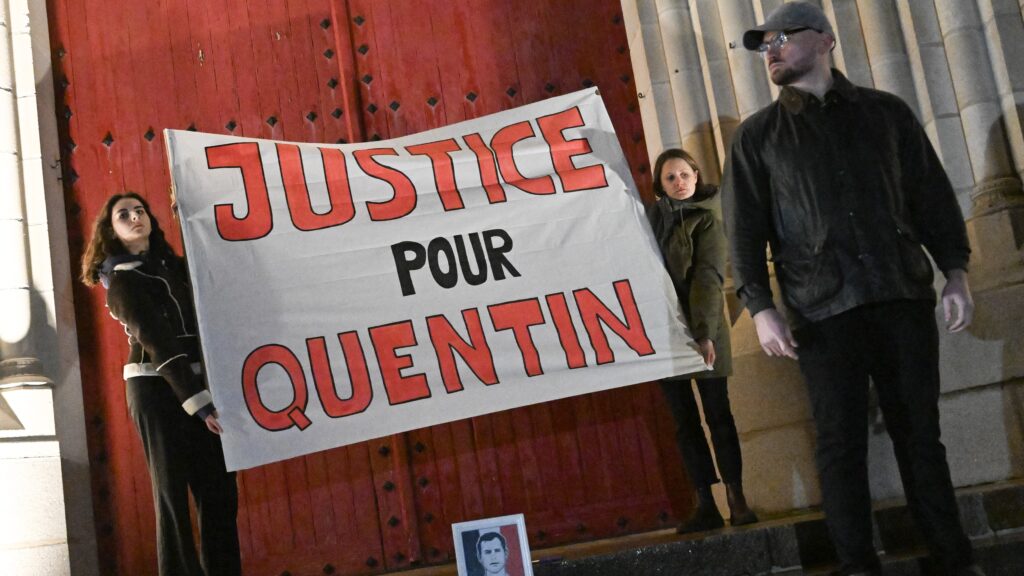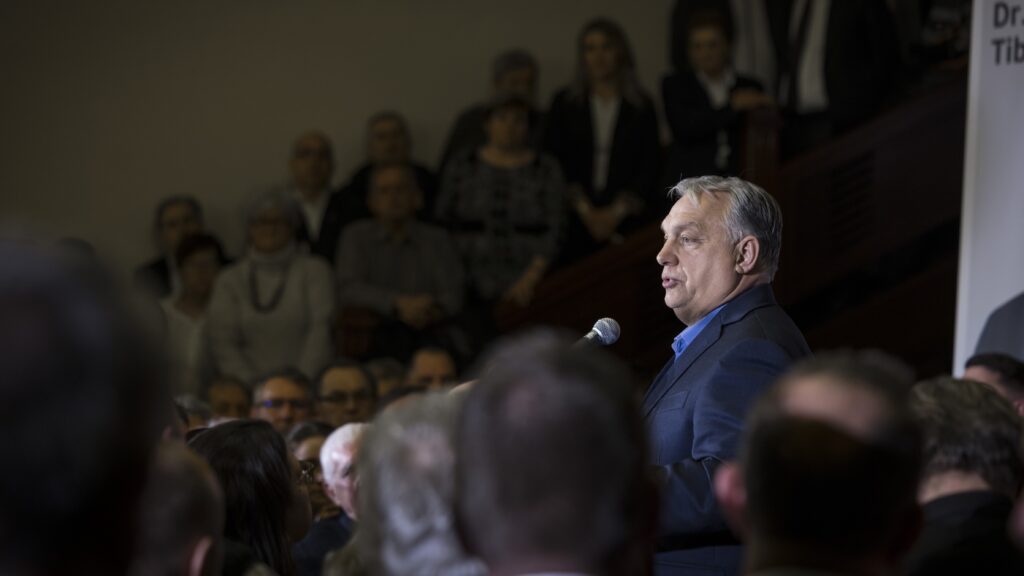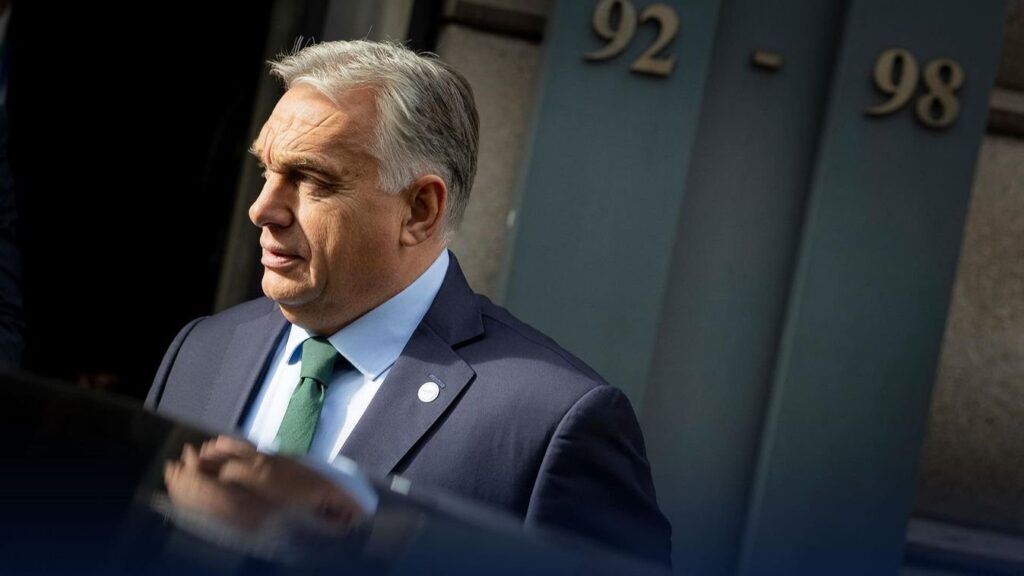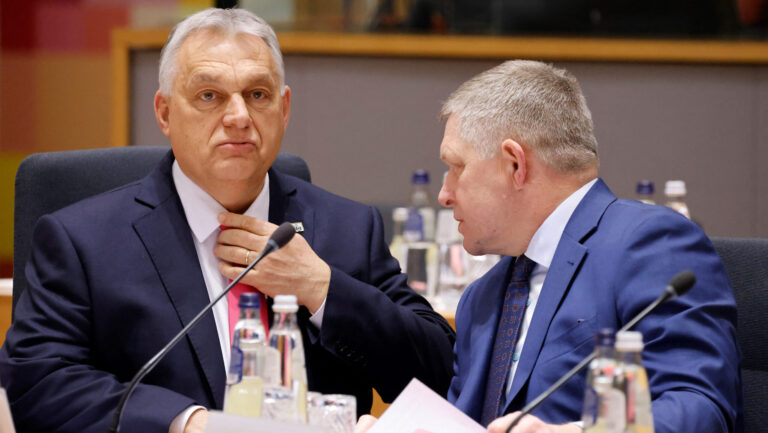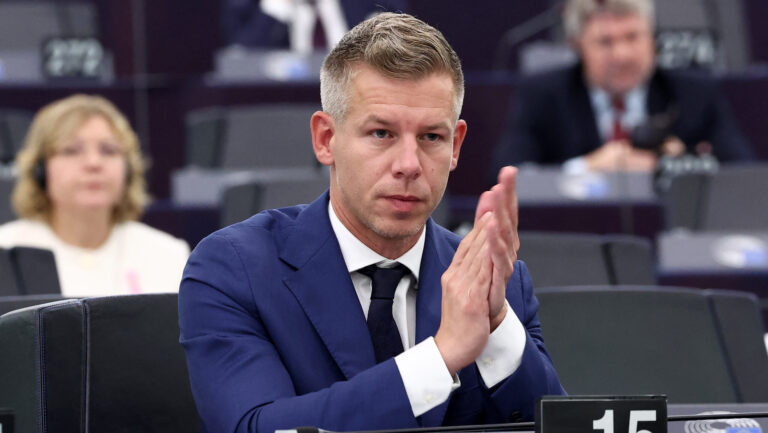During the 2024 general election in the United Kingdom, Keir Starmer made a campaign promise to ‘reset’ the UK’s relationship with the European Union. In its manifesto, Labour pledged to negotiate with the EU to reduce trade barriers, border checks on agri-foods and work towards a mutual recognition agreement for professional qualifications. In the 2024 general election, the Conservative Party, which initiated Brexit in 2016 and completed the UK’s withdrawal from the EU on 31 January 2020, suffered a historic defeat to Labour. Since the beginning of Labour’s mandate in July 2024, there have already been over 70 engagements between UK ministers and their EU counterparts—Prime Minister Keir Starmer has also personally met with European Commission President Ursula von der Leyen in October 2024.
Since the United Kingdom left the EU under a democratic mandate, the Labour leadership rules out rejoining the EU as part of ‘resetting’ relations with Brussels. Similarly, joining the single market, the customs union or signing up for the EU’s four freedoms were also ruled out as ‘red lines’ by His Majesty’s Government. An EU–UK ‘reset’ should not violate the will of the people as expressed during the Brexit referendum; nevertheless, negotiating some form of economic cooperation with the EU is possible, and it could potentially be beneficial for both the UK and EU member states.
‘Reaching an agreement between London and Brussels is far from easy’
Reaching an agreement between London and Brussels is far from easy, however. One of the primary goals of the EU during the ‘reset’ negotiations with Starmer’s government is to extend the deal—negotiated with great difficulty during the UK’s withdrawal—on fishing. During the withdrawal negotiations, the UK agreed to grant access to EU member state fishers in its fishing waters. The transitory period outlined in the Trade and Cooperation Agreement is set to expire in 2026, so Brussels is now using the Starmer government’s openness to engage in talks to secure the EU’s access to UK waters even after 2026. Brussels is also committed to a UK–EU youth mobility scheme that would enable 18- to 30-year-olds to travel between Britain and the continent (or even live abroad for a couple of years) with ease. The youth mobility proposal, however, had been rejected earlier by both Labour and Conservatives, as it would mean (if only partially so) for the UK to accept the EU’s rules on free movement.
While discussions on the youth mobility scheme and fisheries are not yet resolved, next Monday’s EU–UK summit is expected to deliver closer defence cooperation between Brussels and London—aligning with two of the three objectives outlined by Minister for EU Relations Nick Thomas-Symonds, identified as the ‘substance of the reset’:
- Foreign and security cooperation with the EU
- Law enforcement cooperation (eg, counter-terror operations and organized crime)
- Easing trade restrictions
On Monday, 19 May, Prime Minister Keir Starmer is expected to sign a strategic partnership agreement with the European Union. The agreement is likely to focus primarily on defence, while also including provisions to hold annual summits between the EU and the UK to improve bilateral relations. The EU’s High Representative Kaja Kallas, as well as Council President António Costa, have already confirmed their participation in the summit. Commission President Ursula von der Leyen and British Prime Minister Keir Starmer are also expected to meet on Monday in London.
On the one hand, enhanced defence cooperation between the EU and the UK, which strengthens Europe’s own defence infrastructure, is an idea welcomed in Central and Eastern European capitals as well. As part of the defence cooperation, the UK might become a partner in the EU’s Security Action for Europe (SAFE), a 150 billion EUR fund that helps member states invest in key defence areas. While the UK’s participation in SAFE might contribute to (re)building a strong European arms industry, Brexiteers fear that it would lead to an outcome they feared most during the withdrawal negotiations: a requirement to financially contribute, but without having a say in how the EU uses and allocates funds.
‘Monday’s agreement will renew the EU’s and the UK’s readiness to “exert pressure on Russia”’
On the other hand, from Budapest’s point of view, the primary aim of the EU–UK defence team-up should not be to support Ukraine, circumventing the US peace efforts. A draft reviewed by Reuters suggests that Monday’s agreement will renew the EU’s and the UK’s readiness to ‘exert pressure on Russia’ and continue ‘support for Ukraine’. Since 2022, the UK has been committed to supporting Kyiv ‘for as long as’ it is needed—the two countries signed a 100-year partnership agreement earlier this year. As part of its pledge to provide aid to Kyiv, the UK is also keen on transferring 200 billion EUR worth of frozen Russian assets into an investment fund that could be used to provide more financial assistance to Ukraine. As this fund would help bypass EU member states’ vetoes regarding the use of the frozen funds, the idea is strongly opposed by some EU member states, including Hungary.
Related articles:

